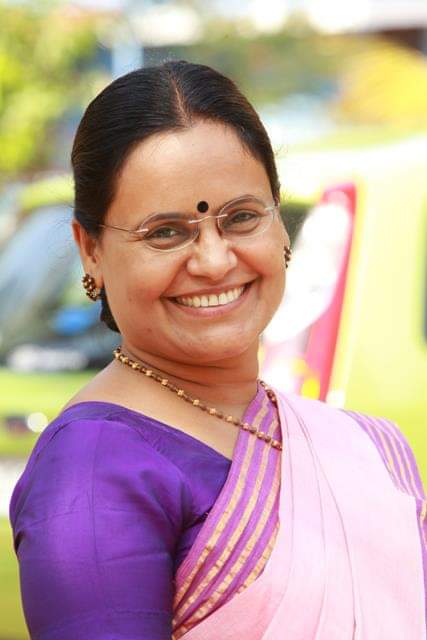Uma Preman

Credit: Jpincanada
Licence: CC-BY-SA-4.0
17 January 2012
| Giver: | Individual |
|---|---|
| Receiver: | Formal/Structured unregistered organizations |
| Gift: | Other |
| Approach: | Philanthropy |
| Issues: | 3. Good Health and Well-Being |
| Included in: | Social Activism |
Uma Premen is an award-winning Indian social activist who has dedicated her life to improving access to health care for vulnerable populations. She is the founder of Santhi Medical Information Centre, a non-profit that provides information, treatment and financial assistance to under-resourced people with debilitating and life-threatening illnesses. Premen also established Santhi Gramam (Village of Peace) and the APJ Abdul Kalam Tribal Residential School to improve quality of life among tribal communities in Attappady, Kerala.
Born in 1970, Premen was raised in Coimbatore, Tamil Nadu. Growing up, she was inspired by her father, a mill worker with some medical training, who dressed wounds and provided other treatment for coworkers who could not afford to see doctors.
Attracted to a life of charitable service, Premen became involved with Catholic missionary activity in her late teens. Working first with Mother Teresa in Kolkata, West Bengal, and then with Bishop Joseph Kundukulam in Thrissur, Kerala, she provided care and comfort to elderly and terminally ill people.
Premen’s life took an unexpected turn when her long-absent mother reappeared and coerced her into marrying Preman Thaikad, a wealthy Mumbai travel agent who was twenty-six years her senior and sick with acute tuberculosis. Although he was domineering and treated her unkindly, Premen dutifully cared for him until he died in 1997.
Through her husband’s medical ordeal, Premen spent considerable time in hospitals, where she began to assist patients seeking information and guidance about treatments and facilities that could help them. Realizing the enormous need for this support, especially among people experiencing material poverty, Premen used her inheritance from her husband to open the Santhi Medical Information Centre (SMIC) in Kerala’s Thrissur district in August 1997.
As the center grew, it focused increasingly on kidney disease, opening free and subsidized dialysis centers and coordinating organ donations. In 1999, as a way of encouraging other donors, Premen gave one of her kidneys to an orphaned young man named Salil, whom she had met in a Kerala hospital. Over the next two decades, SMIC facilitated more than 680 kidney transplants and provided dialysis to more than 250,000 patients across India. In addition to providing life-saving information and treatment, the center also runs disease prevention programs.
In 2014 Premen expanded her mission, establishing Santhi Gramam (Village of Peace), a resource center with initiatives to improve health, nutrition, sanitation, education and housing in Attappady, one of the largest tribal settlements in Kerala’s Palakkad district. In 2017 she founded APJ Abdul Kalam Tribal Residential School to provide primary education for tribal children. Also that year, Premen introduced a menstrual health initiative to improve educational outcomes for tribal girls.
Premen’s selfless work on behalf of others remains a testament to the power of a single individual to exert a positive impact on society. Speaking to the BBC in 2020, Salil – the man whose life was saved by Preman’s generosity-- suggested that Premen embodies Mahatma Gandhi’s moral injunction to “be the change you want to see” in the world.
Contributors: Maha Tazi, Erin Brown
| Source type | Full citation | Link (DOI or URL) |
|---|---|---|
| Publication |
Padua, Shelton Life Beyond Barriers, FEM Division, CMFRI, Kochi, 2017. |
https://bit.ly/3yL065R |
| Website |
Pandey, Vikas An ‘Unhappy Marriage’ That has Saved Thousands of Lives, BBC News, 2020. |
https://bbc.in/3TxtlAW |
| Website |
Pal, Sanchari “How One Dedicated Woman set up Kerala’s ‘Village of Peace’ – a Model of Tribal Upliftment”, The Better India, 2017. |
https://bit.ly/3MHtFev |
| Website |
Vishwanath, K. “Destiny, don’t meddle with Uma!””. Mathrubhumi. |
- |